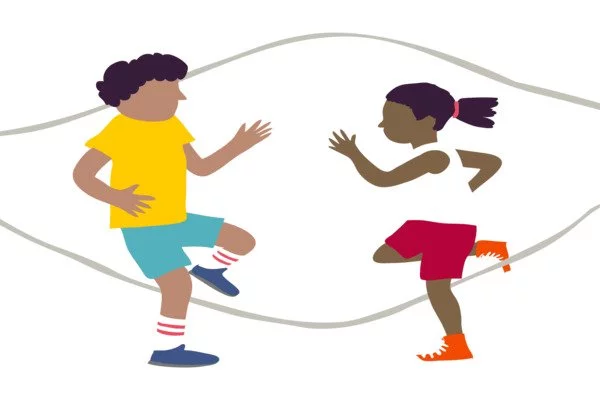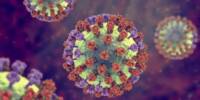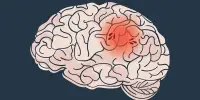Physical activity can have a positive impact on mental health, even during the pre-adolescent years. Regular physical activity, regardless of age, has numerous benefits for both physical and mental well-being. According to research, regular physical activity can improve adolescents’ mental health and help with behavioral issues.
The study discovered that engaging in regular moderate to vigorous physical activity between the ages of 11 and 13 was associated with better mental health between the ages of 11 and 13. Physical activity was also linked to less hyperactivity and behavioral problems in children, such as losing their temper, fighting with other children, lying, and stealing.
Data from the Children of the 1990s study (also known as the Avon Longitudinal Study of Parents and Children; ALSPAC) were examined by researchers from the Universities of Edinburgh, Strathclyde, Bristol, and Georgia in the United States. They examined the levels of physical activity of 4755 11-year-olds as measured by devices.
This study adds to the growing evidence base about how important physical activity is for all aspects of young people’s development – it can help them feel better, and do better at school. Priority should be given to assisting young people in leading healthy, active lives.
Dr. Josie Booth
The devices measured moderate physical activity, which is typically defined as brisk walking or cycling, as well as vigorous activity, which increases heart rate and breathing, such as aerobic dancing, jogging, or swimming.
From the ages of 11 to 13, the young people and their parents reported on their levels of depressive symptoms. Parents and teachers of participants were also polled about their children’s general behavior and emotional difficulties.
The team considered age, gender, and socioeconomic status when analyzing the impact of moderate to vigorous exercise on young people’s mental health and behavior. They discovered that increased levels of moderate or intense physical activity were associated with a small but discernible reduction in depressive symptoms and emotional difficulties.
The study discovered that regular exercise had a small but detectable association with fewer behavioral problems, even after controlling for other possible influences. According to the researchers, the findings suggest that regular moderate and intense physical activity may have a minor protective effect on mental health in early adolescence.

“This study adds to the growing evidence base about how important physical activity is for all aspects of young people’s development – it can help them feel better, and do better at school,” said Dr. Josie Booth of the University of Edinburgh’s Moray House School of Education and Sport. Priority should be given to assisting young people in leading healthy, active lives.”
According to the researchers, this is the first study to take such a comprehensive approach to examine mental health and exercise in young people.
Professor John Reilly, at the University of Strathclyde, said: “While it might seem obvious that physical activity improves mental health the evidence for such a benefit in children and young people has been scarce, so the study findings are important. The findings are also important because levels of moderate-to-vigorous intensity activity globally are so low in pre-teens globally – less than a third achieve the 60 minutes per day recommended by the WHO and UK Health Departments.”
The research was published in the journal Mental Health and Physical Activity.
The Bupa Foundation provided funding for the study. The Children of the 90s study, also known as the ALSPAC birth cohort and based at the University of Bristol, was used by the researchers. The study is a long-term health research project in which over 14,000 pregnant women participated in 1991 and 1992.
Children of the 1990s have been closely monitoring the health and development of the parents and their children and is currently enrolling the original children’s children and siblings in the study. It is supported by the Medical Research Council, the Wellcome Trust, and the University of Bristol.
















